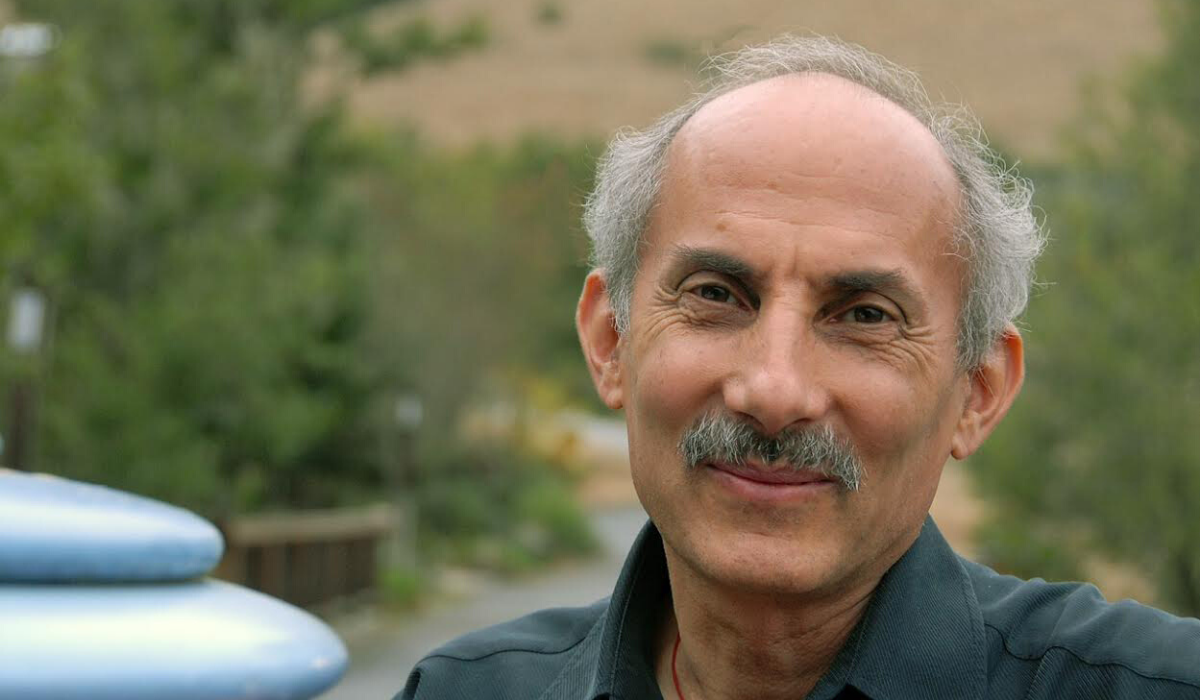Find Your Own Inspired New Year’s Intentions

We all know about New Year’s resolutions and how short-lived they can be. Consider setting a long-term intention. A long-term intention is also called a vow or dedication. In the forest monastery, we would gather before dawn in the candlelit darkness and begin the sonorous morning chanting to dedicate ourselves to loving-kindness, compassion, and fostering liberation for all. The chants reminded us that awakening is possible whenever we dedicate ourselves to a noble way of life. We would vow to use the support we received as monks for awakening and compassion, for ourselves and for all beings.
Setting a long-term intention is like setting the compass of our heart. No matter how rough the storms, how difficult the terrain, even if we have to backtrack around obstacles, our direction is clear. The fruits of dedication are visible in the best of human endeavors whether in science, the arts, athletics, social justice, love relationships, in all things.
Poet Diane Ackerman has penned some beautiful verses in “School Prayer” that express her vow:
In the name of daybreak
and the eyelids of morning
and the wayfaring moon
and the night when it departs,
I swear I will not dishonor
my soul with hatred,
but offer myself humbly
as a guardian of nature
as a healer of misery
as a messenger of wonder,
as an architect of peace.
At times our dedications are poetic, at times they are practical: to learn to play the piano well, to build a conscious business, to plant and grow a beautiful garden. But there are overarching dedications as well. We might dedicate our life to prayer, commit ourselves to unwavering truthfulness, vow to care for the troubled ones around us or to work for world peace. These overarching dedications set the compass of our life, regardless of the outer conditions. They give us direction and meaning.
Rodney was a young activist who wanted to help foster peace on earth. When he learned meditation, he realized he also had to find peace within himself. He dedicated his energy to first make his own heart and family a zone of peace. From this, his commitment expanded and he trained in human rights and conflict resolution at Columbia. Now he works for the UN in a mission in West Africa. In each step, his dedication has carried him, and he has embodied the words of Wendell Berry: “If we are serious about peace, then we must work for it as ardently, seriously, continuously, carefully, and bravely as we now prepare for war.”
When we read something like this, it is inspiring. It touches our own innate nobility and courage. But it can also bring up guilt and self-doubt: What about me? Am I doing enough? Why isn’t my life as “noble” as Rodney’s?
It is good to question our own dedication, even if it makes us uncomfortable. To what have we dedicated our life? How deeply do we carry this dedication? Is it time to rededicate ourselves? But comparing oneself to someone else is useless. Rodney’s dedication is not ours. We have to be true to our own way.
I heard a story about an inner-city school principal who spent part of her evenings making sandwiches for the homeless. After she finished she would travel around the poorer parts of her neighborhood and distribute them. Even though her day was already full, this evening activity didn’t overwhelm her. It actually made her happy. She didn’t do it out of guilt, duty, or external pressure. They were hungry. She had food. She shared in a way that made a difference for her. Even when she was rebuffed by those to whom she offered food on the street, she didn’t feel rejected or angry, because she wasn’t doing it for the acceptance or appreciation. After some time the local media heard what she was doing and printed a story about her. Instantly she became a minor celebrity. Her fellow teachers and friends started sending her money to support her work. Much to their surprise, she sent back the money to everyone with a one-line note that said, “Make your own damn sandwiches!”
As you begin the New Year, take some time to sit and quietly reflect. If today you were to set or reaffirm a long-term intention, a vow, your heart’s direction, what would it be? It might be as simple as, “I vow to be kind.” It might be a vow to build a healthy business, establish a truly loving family. It might be an intention to dedicate yourself to the healing or care of others or to fearlessly express your creativity in the world. Once you have a sense of your long-term dedication, write it down. Then put it someplace where you keep special things. Now, as you go through the year, let it be your compass—your underlying direction—in spite of changing outer circumstances. Let it carry you.
Thomas Merton once advised a frustrated young activist, “Do not depend on the hope of results. . . . you may have to face the fact that your work will be apparently worthless and even achieve no result at all, if not perhaps results opposite to what you expect. As you get used to this idea, you start more and more to concentrate not on the results but on the value, the rightness, the truth of the work itself.” By aligning our dedication with our highest intention, we chart the course of our whole being. Then no matter how hard the voyage and how big the setbacks, we know where we are headed.


